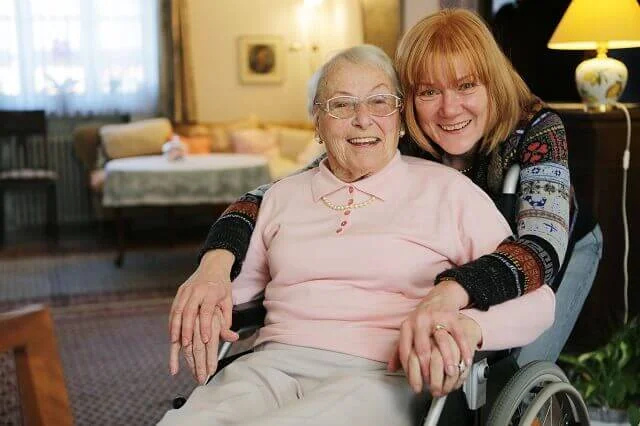In California, a conservator (known as a “guardian” in many states) is charged with the obligation of caring for an adult, known as the conservatee (the “ward” in many states), who is unable to autonomously manage his own affairs or finances. A conservator may be an individual or an organization and must be appointed by a court.
Types of Conservatorships
California recognizes three main types of conservatorships:
Probate conservator of the estate, which can be general or limited depending on the degree of authority vested in the conservator. A probate conservator of the estate manages the finances of the ward, as needed, based on the conservatee’s individual capabilities and circumstances.
Probate conservator of the person, which can also be general or limited. A probate conservator of the person manages the personal affairs of the conservatee (living arrangements, meals, etc.) as needed based on the ward’s individual capabilities and circumstances.
Lanterman-Petris-Short (LPS) conservatorships. LPS conservators are appointed for adults with serious mental illnesses who cannot or will not consent to being cared for. These conservatees may live in locked facilities and take powerful medications. LPS conservatorships must be initiated by the Public Guardian or Public Conservator in each California county. LPS conservatorships are beyond the scope of this article.
Identity of Conservator
Conservators are generally limited to one of the following parties:
The conservatee’s spouse;
The conservatee’s domestic partner;
The conservatee’ adult child;
The conservatee’s parent;
The conservatee’s brother or sister;
A state or local government entity (such as the Public Guardian);
A friend of the conservatee; or
The conservatee himself.
The court will give strong preference to the conservatee’s own choice if he is capable of expressing it.
Legal Process
A petition for conservatorship must be filed with the court clerk by an interested person such as the proposed conservator, the proposed conservatee, a relative, a friend, or an institution.
A citation and a copy of the petition must be personally delivered to the proposed conservatee by someone other than the petitioner.
Written notice of the petition, plus a copy of the petition, must be mailed to the proposed conservatee’s close relatives.
The court will appoint a court investigator to investigate the circumstances surrounding the petition.
A hearing will be held, and a lawyer may be appointed to represent the conservatee. The court is likely to refuse the petition if an alternative to conservatorship, such as a power of attorney, is sufficient to meet the needs of the proposed conservatee. If the petition is granted, Letters of Conservatorship will be issued and a surety bond may be required.
The conservator must buy a copy of the Handbook for Conservators.
Conservatorships are usually, but not always, permanent arrangements.
When the Stakes Are This High, You Need to Contact the Professionals
A conservatorship is a legal arrangement as much as it is a family arrangement. It is so important, that it simply must be done flawlessly. There is no other acceptable option. At CKB Vienna LLP, our lawyers have handled these kind of cases many times before. We serve clients from all over Ontario, Claremont, Riverside, Fontana, Upland, Rancho Cucamonga, including Alta Loma and Etiwanda as well as elsewhere in the Inland Empire. Telephone us at 909-980-1040, or fill out our online contact form to find out how we can make a difference.

